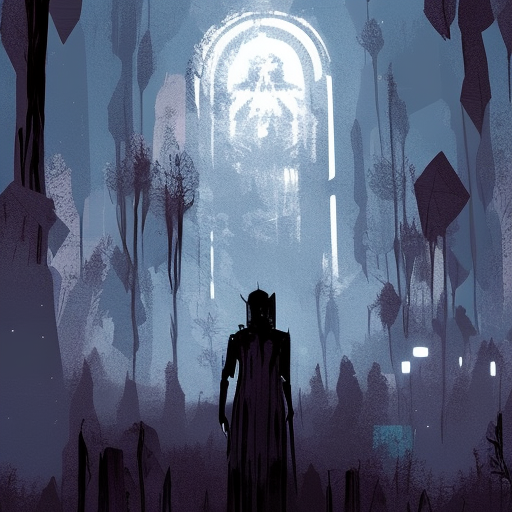One-line summary:
In “Hunger,” author Roxane Gay explores the complex relationship between her body, her trauma, and her insatiable hunger, offering a raw and honest account of her struggles with food, weight, and self-image.
The Origins of Hunger
Roxane Gay delves into her childhood experiences and the traumatic event that led to her using food as a coping mechanism. She shares how her weight became a shield, protecting her from the world’s judgment and her own vulnerability. Gay’s candid storytelling reveals the emotional and psychological roots of her insatiable hunger.
The Struggles of Self-Image
Throughout the book, Gay grapples with society’s expectations and the pressure to conform to beauty standards. She reflects on the impact of media, cultural norms, and the constant scrutiny she faces as a woman in a larger body. Gay’s introspection sheds light on the damaging effects of body shaming and the relentless pursuit of an unattainable ideal.
The Journey to Healing
As Gay shares her journey to self-acceptance, she explores the various attempts she made to control her weight and the toll it took on her physical and mental well-being. She recounts her experiences with weight loss programs, surgeries, and the constant battle between her desire for change and her fear of losing her identity. Through therapy and self-reflection, Gay begins to understand that her hunger is not solely about food but also a manifestation of her emotional hunger for love, acceptance, and healing.
Gay’s journey is a powerful testament to the complexities of body image, trauma, and the healing process. She challenges societal norms and encourages readers to question their own biases and judgments. “Hunger” is a deeply personal memoir that invites empathy and understanding, shedding light on the struggles faced by those living in larger bodies.
- Key takeaways:
- Food can serve as a coping mechanism for trauma and emotional pain.
- Society’s beauty standards and body shaming have detrimental effects on individuals’ self-image.
- Healing from trauma requires self-acceptance and addressing emotional hunger.
“I am not broken. I am just a person who is trying to heal, who is trying to find her way in this world like everyone else.”
In “Hunger,” Roxane Gay fearlessly exposes the complexities of her relationship with food, weight, and self-image. Through her unflinchingly honest storytelling, she challenges societal norms and invites readers to examine their own biases. Gay’s journey towards healing serves as a powerful reminder that self-acceptance and compassion are essential in overcoming the hunger that resides within us all.












